| Norway increases coffee purchases from the Vietnamese market. EU increases coffee imports from the Vietnamese market. |
According to statistics from the General Department of Customs, in August 2023, Vietnam's coffee exports to the Japanese market reached 9.1 thousand tons, worth 28.51 million USD, down 3.1% in volume and 2.3% in value compared to July 2023, but up 6.5% in volume and 37.6% in value compared to August 2022.
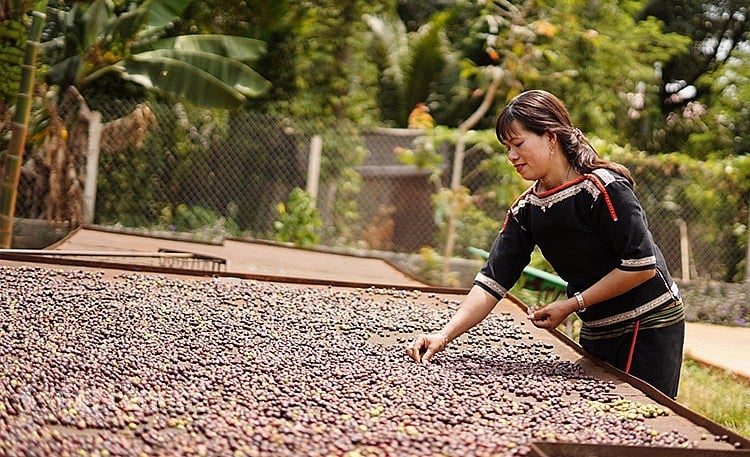 |
The proportion of Vietnam's Robusta coffee exports to the Japanese market increases (photo by Nguyen Hanh) |
In the first 8 months of 2023, Vietnam's coffee exports to the Japanese market reached 78.73 thousand tons, worth 218.87 million USD, up 1.1% in volume and 11.6% in value over the same period last year.
In August 2023, the average export price of Vietnamese coffee to the Japanese market reached 3,132 USD/ton, up 0.9% compared to July 2023 and up 29.3% compared to August 2022.
In the first 8 months of 2023, the average export price of our country's coffee to the Japanese market reached 2,780 USD/ton, an increase of 10.4% over the same period last year.
Notably, in the first 8 months of 2023, Vietnam's Robusta coffee exports to the Japanese market had a double-digit growth rate compared to the same period last year.
Accordingly, the proportion of Robusta coffee in total export turnover to the Japanese market increased from 66.51% in the first 8 months of 2022 to 69.1% in the first 8 months of 2023.
Similarly, the proportion of processed coffee exports also increased from 23.13% in the first 8 months of 2022 to 24.57%.
In contrast, the proportion of Arabica coffee exports to Japan decreased from 10.36% in the first 8 months of 2022 to 6.34% in the first 8 months of 2023.
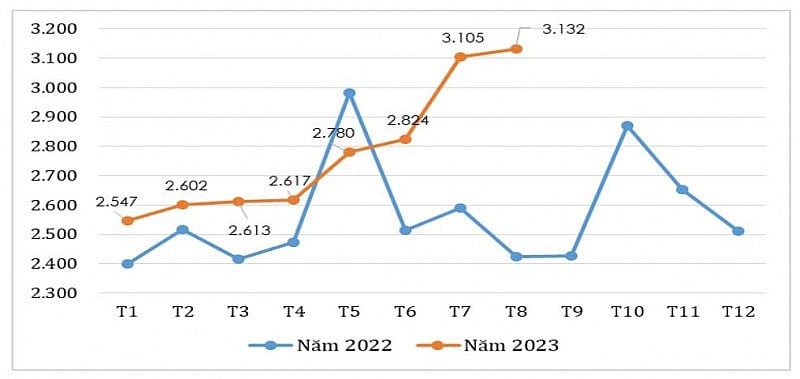 |
Development of average coffee export price to Japan over the months of 2022 - 2023 (Unit: USD/ton) Source: Calculated from data of General Department of Customs |
According to statistics from the International Trade Center, in the first 7 months of 2023, Japan imported approximately 207.4 thousand tons of coffee from the world, worth 873 million USD, down 19.1% in volume and 20.4% in value compared to the same period last year. However, in July 2023 alone, Japan imported 34.8 thousand tons of coffee from the world, worth 155.6 million USD, up 20.6% in volume and 9.7% in value compared to July 2022.
In the first 7 months of 2023, Japan reduced imports of all types of coffee. Of which, the import rate of coffee, excluding roasted and decaffeinated coffee (HS 090111), decreased by 19% in volume and 20.8% in value compared to the same period in 2022, reaching 202.2 thousand tons, worth 799.38 million USD. The proportion of coffee, excluding roasted and decaffeinated coffee, in Japan's total imports accounted for 97.5% in the first 7 months of 2023.
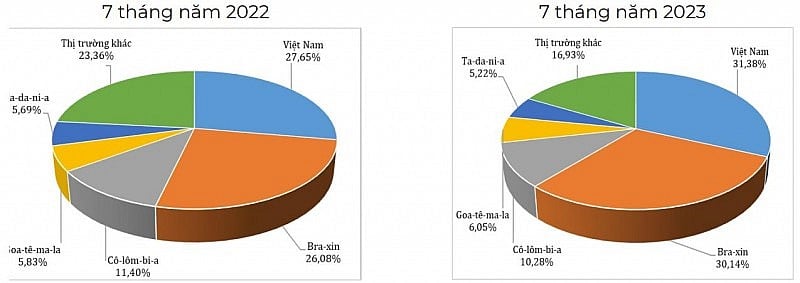 |
Market structure of coffee supply to Japan (% by volume) Source: International Trade Center |
In the first 7 months of 2023, Japan reduced coffee imports from most major sources, including: Vietnam, Brazil, Colombia, Guatemala, Tanzania.
According to the International Trade Center (ITC), Vietnam was the largest coffee supplier to Japan in the first 7 months of 2023, with a volume of over 65,000 tons, worth 152.5 million USD, down 8.2% in volume and 3.6% in value compared to the same period in 2022.
However, Vietnam's coffee market share in Japan's total imports increased from 27.65% in the first 7 months of 2022 to 31.38% in the first 7 months of 2023.
According to experts, in general, Japan's reduction in coffee imports from major suppliers is only short-term. The main reason is the economic recession and high inflation, which reduce coffee consumption demand. The outlook for the end of the year will be more positive due to increased demand. Japan also increased coffee imports again in July 2023.
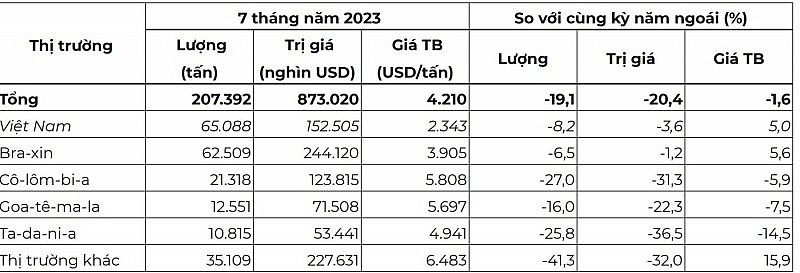 |
5 markets supplying coffee to Japan in 7 months of 2023 Source: International Trade Center |
Japan is the 4th largest export market of Vietnam, after Germany, the US, and Italy. To increase coffee exports to the Japanese market, there are some notes that exporting enterprises need to pay attention to.
Accordingly, cases subject to plant quarantine Unroasted coffee beans are subject to food quarantine. It is necessary to present to the Plant Protection Station managing the import port the necessary documents such as: Phytosanitary Certificate issued by the government quarantine agency of the exporting country (Phytosanitary Certificate, also known as Phytosanitary Certificate), Invoice together with “Application for inspection of imported plants / prohibited goods”.
If pests are found, the goods do not meet the standards. In that case, if disinfection is possible, a certificate of conformity will be issued after disinfection, and import procedures can be carried out according to the Food Sanitation Law.
Roasted coffee beans do not require plant quarantine, so only import procedures under the Food Sanitation Law are required. A food import declaration must be submitted to the Quarantine Station of the Ministry of Health, Labor and Welfare, along with a list of ingredients, a production and processing procedure chart, and a list of additives. If the Quarantine Station reviews and verifies that there are no problems, the Station will stamp the Import Declaration as “Declared” and can proceed with customs clearance.
The Food Hygiene Law stipulates the standard parameters of agricultural chemical residues, which are considered as the composition specifications of coffee beans. When importing coffee beans for the first time, the Quarantine Station will guide the importer on how to self-test for agricultural chemical residues, so you should carefully study the situation of agricultural chemical use in the production area before importing, and should consult the Quarantine Station and the inspection agencies that you will request to be inspected.
When selling regular coffee in cans or packages, it is mandatory to label according to the Food Sanitation Law and the JAS Law's Quality Labeling Standards. In addition, coffee beans produced according to JAS organic standards by businesses that have been recognized by the Competent Authority can be labeled JAS Organic.
It is not possible to sell foreign “organic” labels in Japan. For agricultural products and processed foods, if they do not meet JAS organic standards, they cannot be labeled “organic”.
Under the JAS organic certification system, only businesses that receive a certificate of production or processing methods are allowed to attach the “JAS Organic” label to their agricultural food products or processed agricultural food products and allow them to be circulated.
In addition, the “Rules of Fair Competition for Regular Coffee and Instant Coffee” have been issued as a voluntary standard for the business community in this industry.
Source link








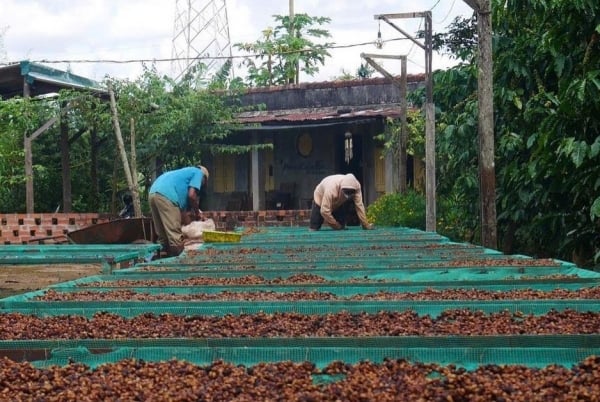
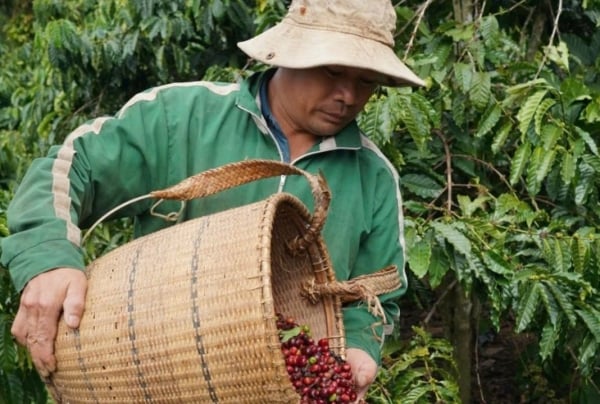
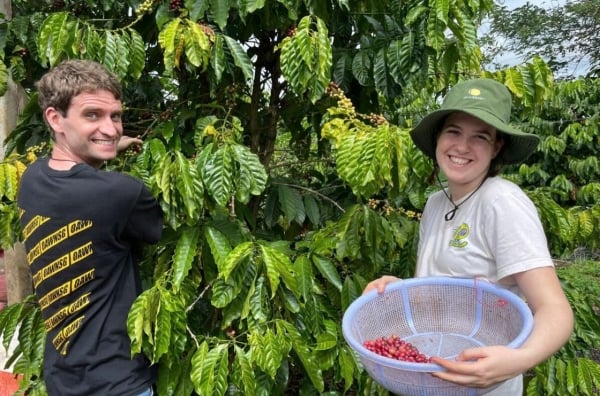
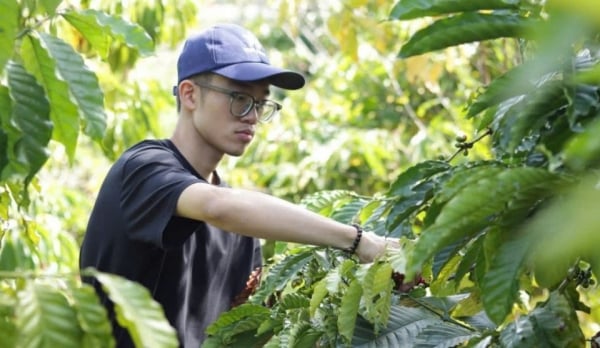

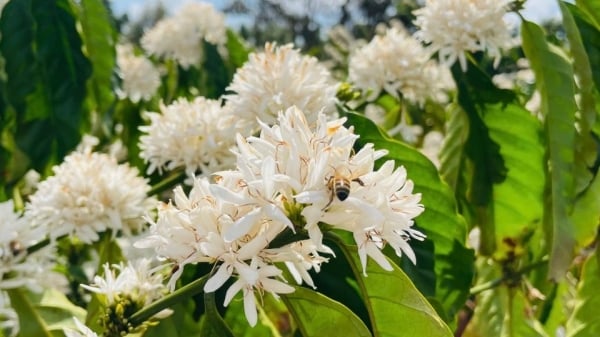
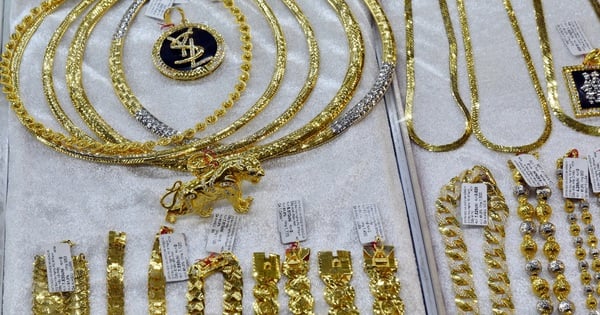

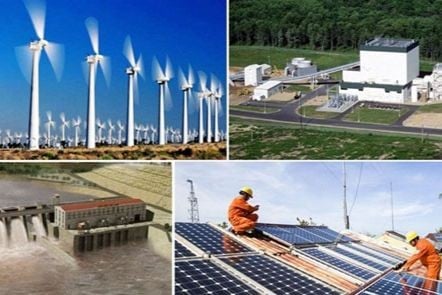

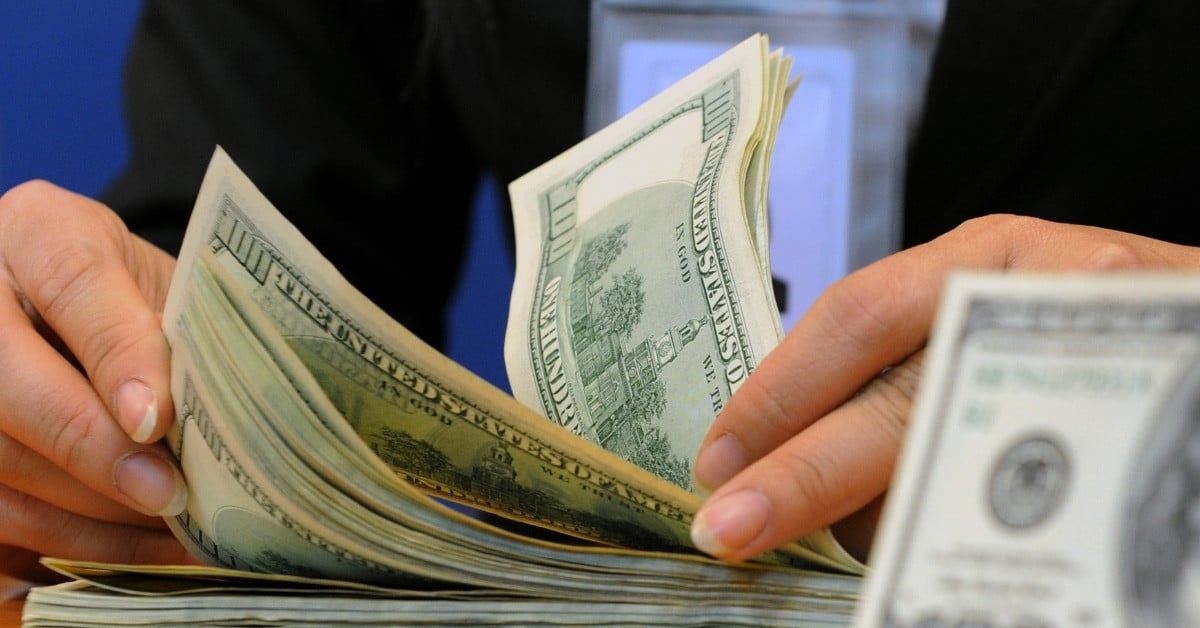





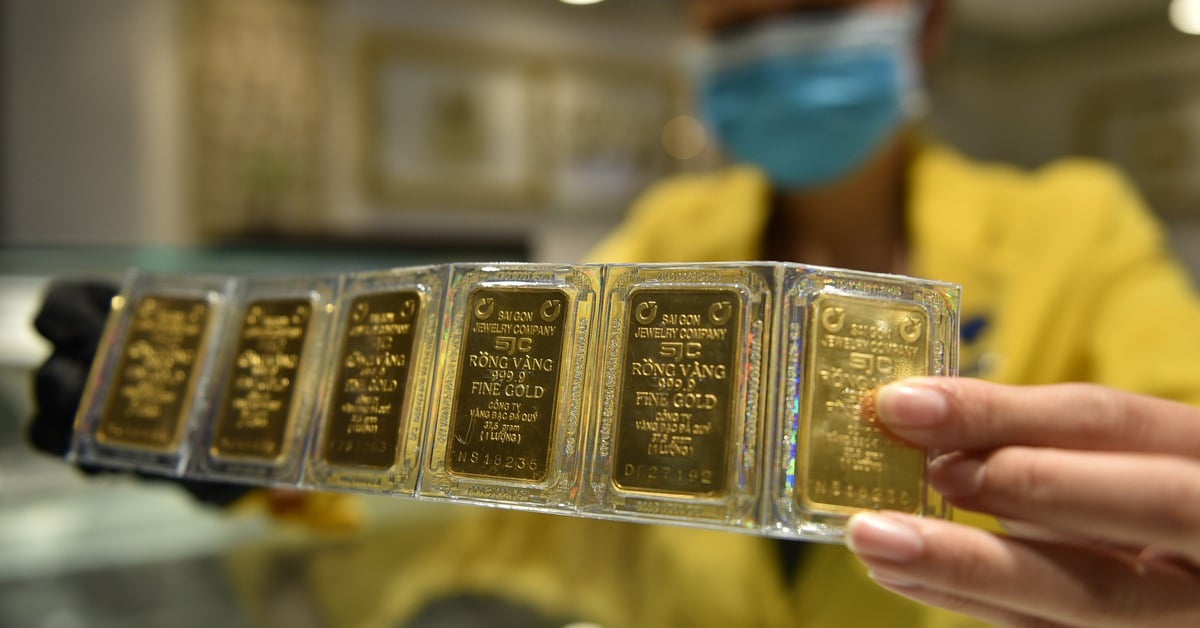

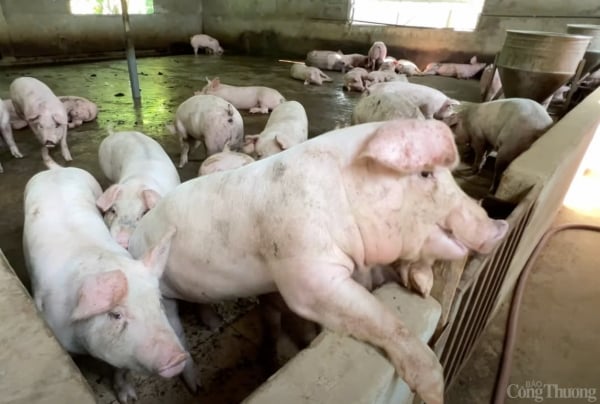
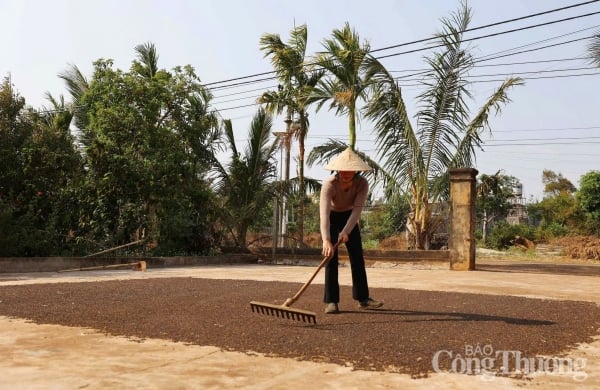

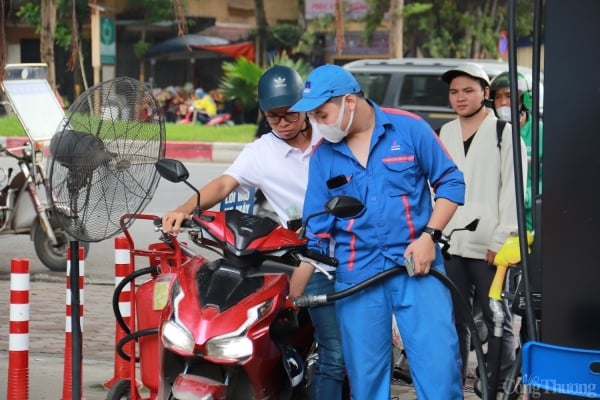








![[Photo] Prime Minister Pham Minh Chinh chairs Government Conference with localities on economic growth](https://vstatic.vietnam.vn/vietnam/resource/IMAGE/2025/2/21/f34583484f2643a2a2b72168a0d64baa)








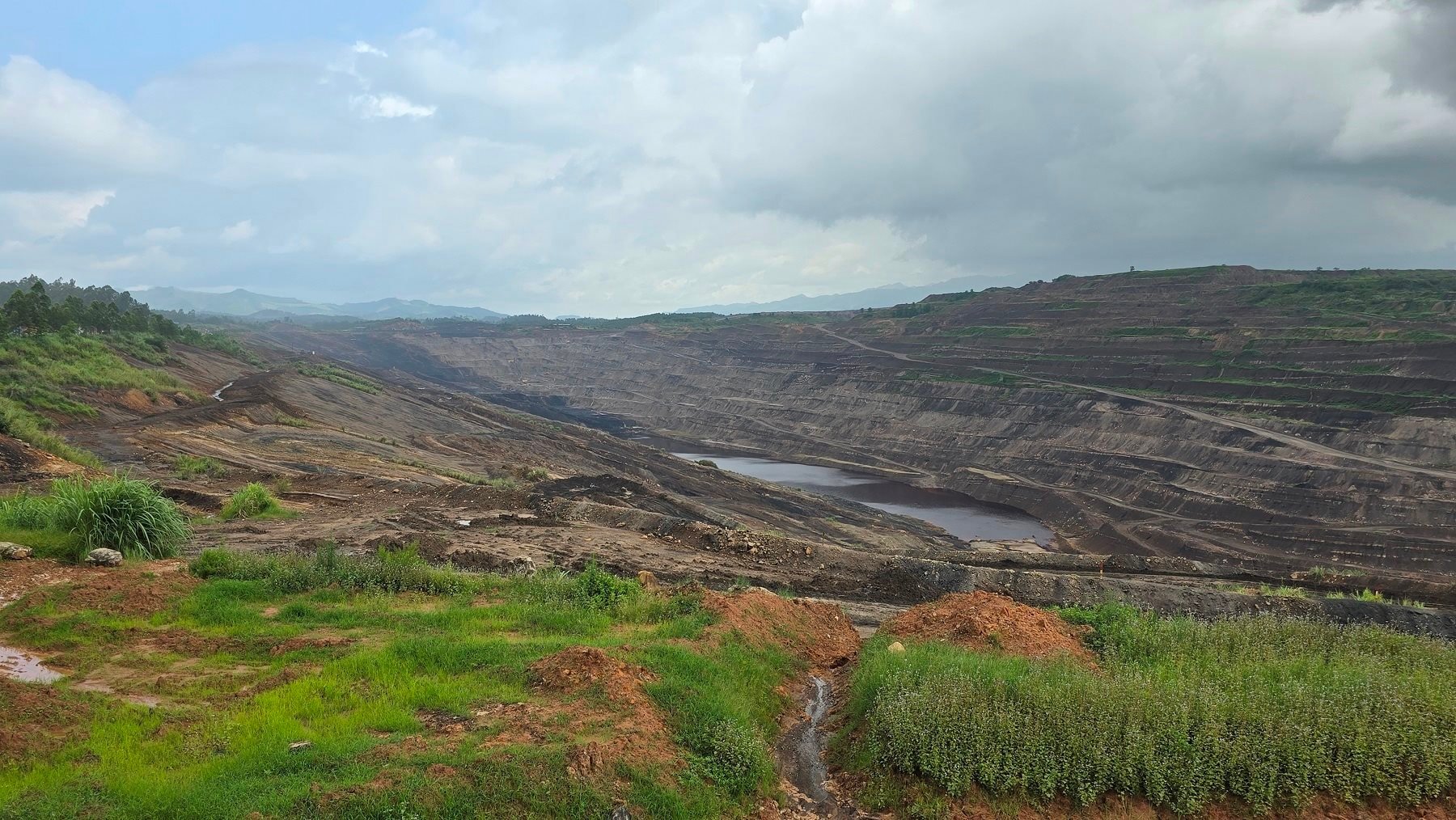





















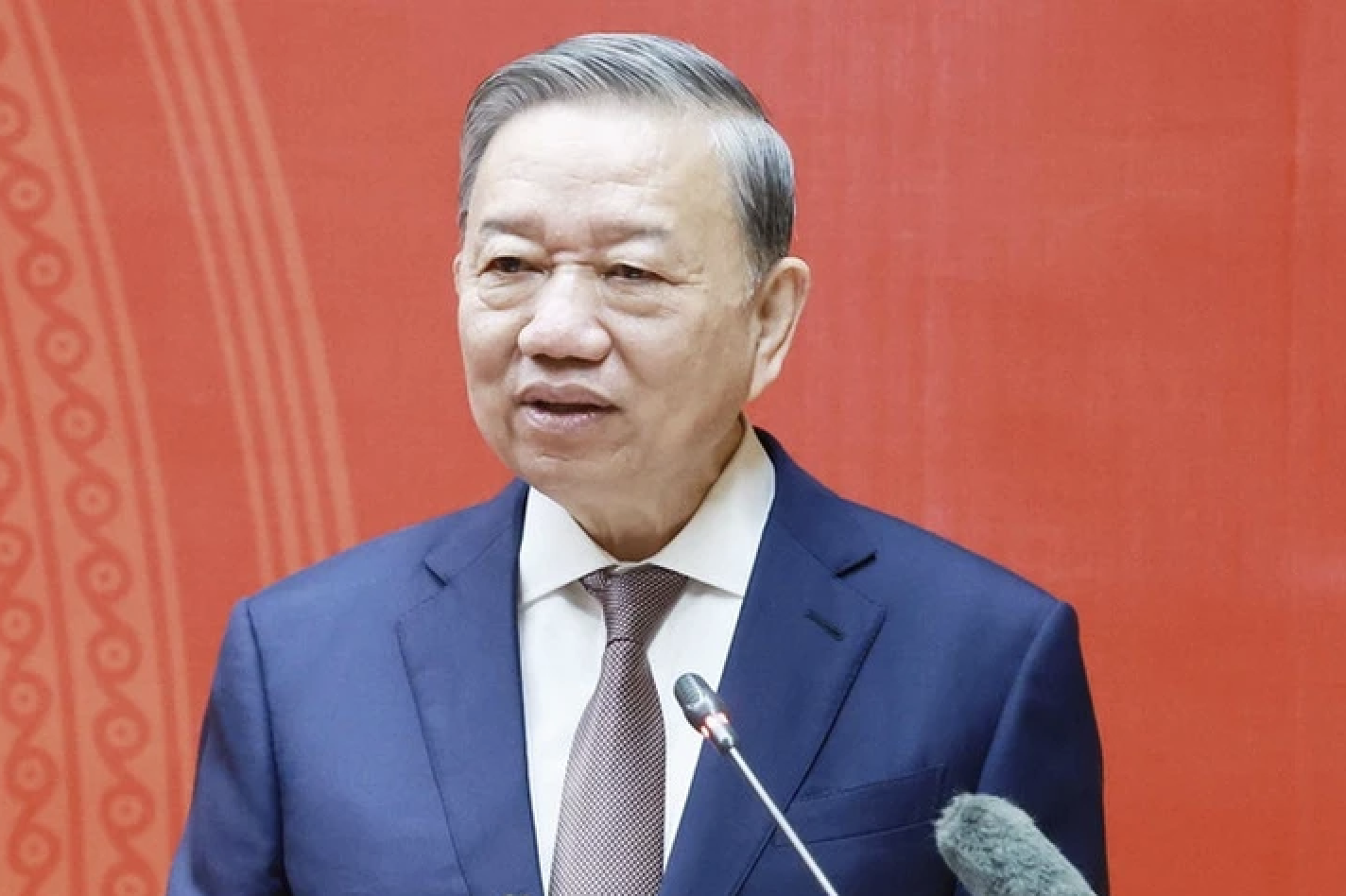
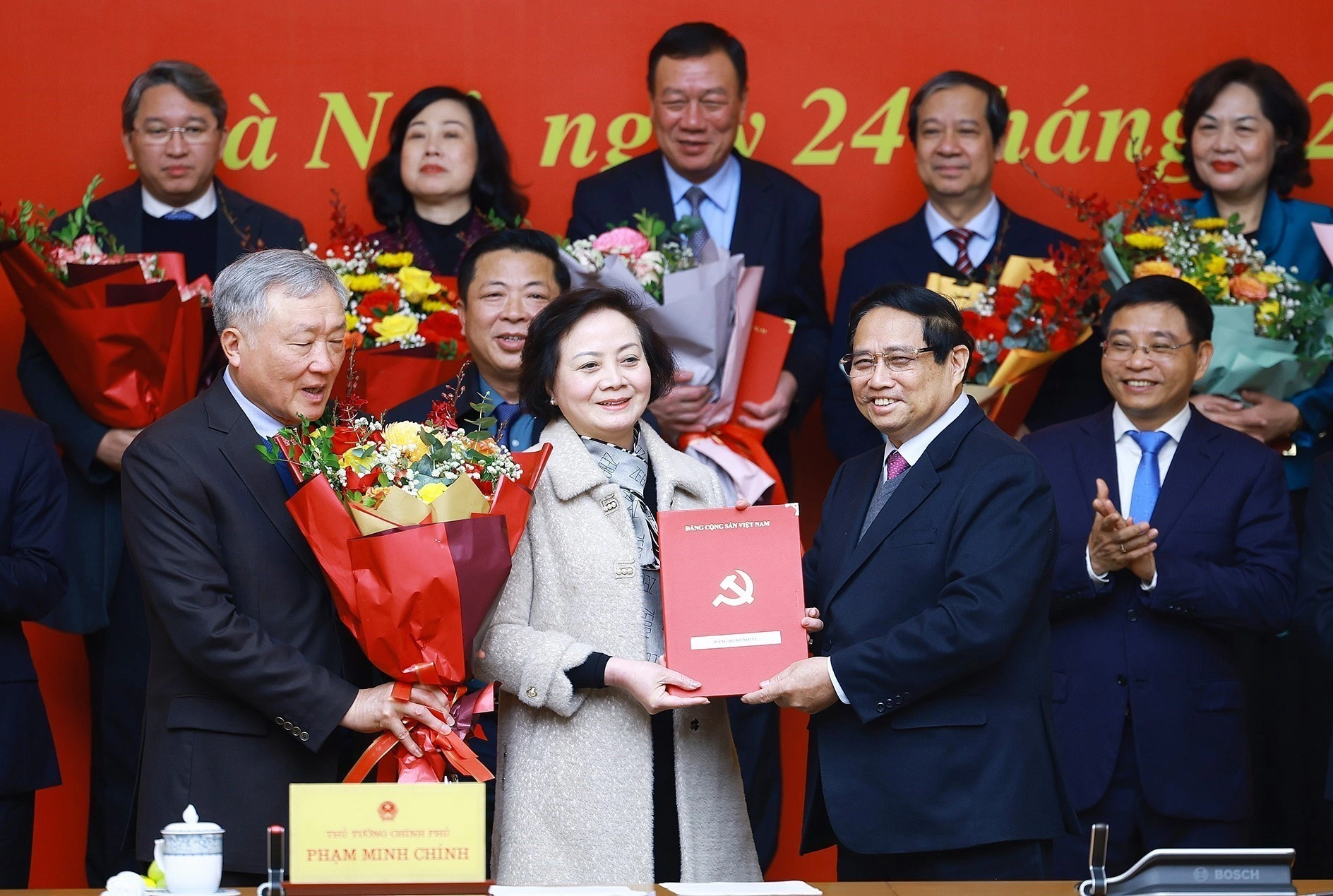






















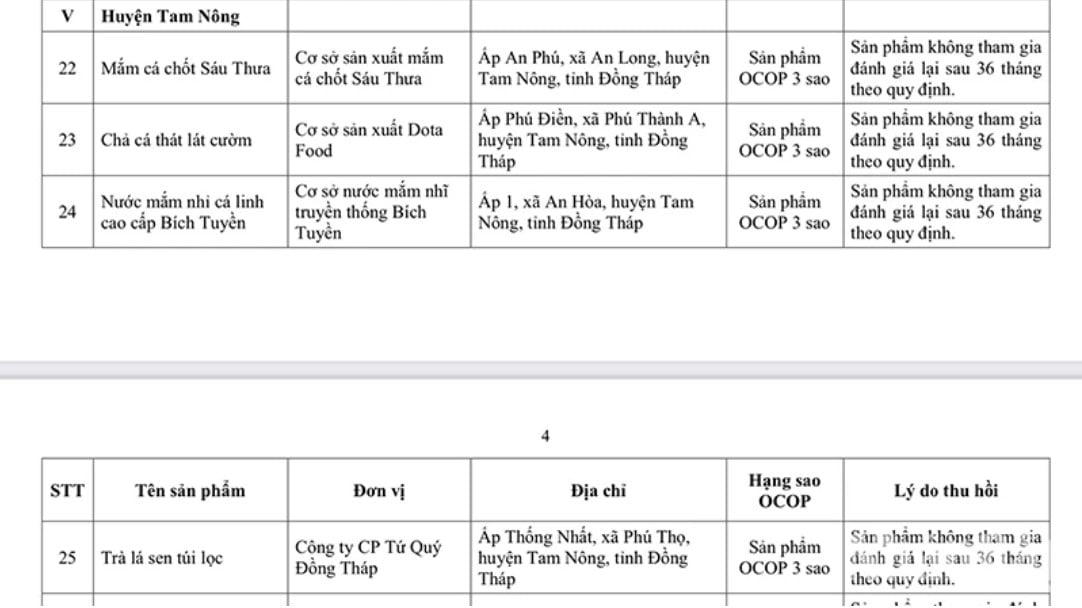


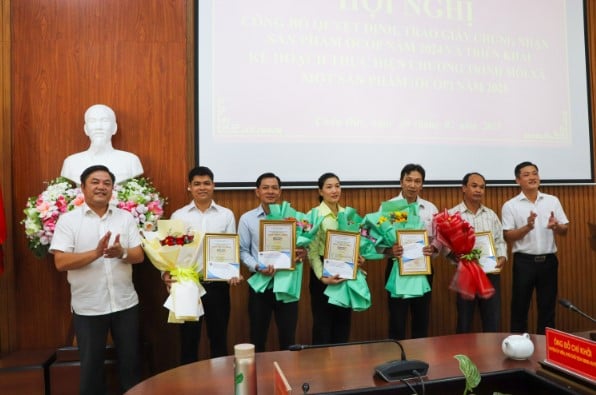

Comment (0)